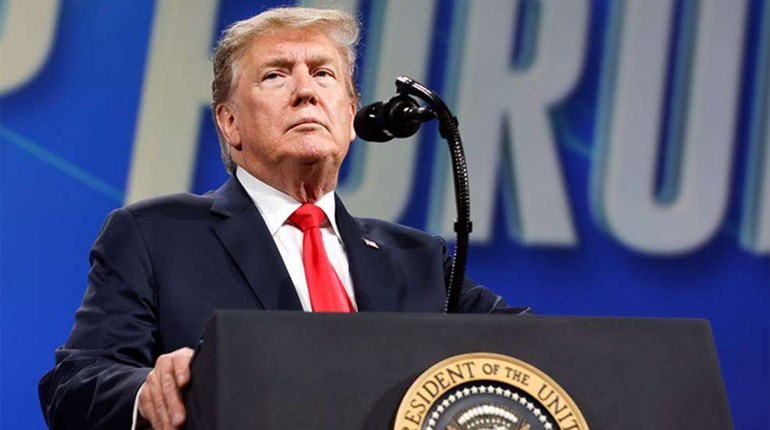
How do you know when the government doesn’t believe that their own proposed regulation is lawful? If you guessed “when the government states it won’t use its new regulation (which happens to implement a criminal statute) in any criminal cases,” then you’ve likely already read the ATF’s new proposed rule: “Definition of ‘Engaged in the Business’ as a Dealer in Firearms.”
I discuss this rule in the context of the Biden Administration’s holistic attack on gun owners in more detail in the ILA Story this month, but this most recent unlawful attack on gun rights still deserves a closer look.
You may recall that the definition of “engaged in the business” controls when individuals engage in sufficient commerce in firearms so as to need to be licensed under federal law as a Federal Firearms Licensee (“FFL”). This definition was altered slightly last year by the NRA-opposed “Bipartisan Safer Communities Act.” As with the naming of most gun control legislation, there is nothing to make America “safer” in the Orwellian-named BSCA.
The former definition of “engaged in the business” as applied to a dealer was “a person who devotes time, attention, and labor to dealing in firearms as a regular course of trade or business with the principal objective of livelihood and profit through the repetitive purchase and resale of firearms, but such term shall not include a person who makes occasional sales, exchanges, or purchases of firearms for the enhancement of a personal collection or for a hobby, or who sells all or part of his personal collection of firearms.”
The government likely knows this rule is unlawful and is trying to head off legal challenges.
The BSCA exchanged the terms “with the principle objective of livelihood and profit” with “to predominantly earn a profit.” Notably, no changes were made to the language protecting those who engage in “occasional sales, exchanges or purchases” or those “who sell all or part of [a] personal collection.”
ATF claims to be using this change in the BSCA as the basis for the new regulation, but the proposed rule creates several presumptions about when a person is “engaged in the business,” despite the fact that none of the presumptions appear in the BSCA.
The most important aspect of theses presumptions is the government’s claim that “[t]he rebuttable presumptions shall not apply to any criminal case, although they may be useful to courts in criminal cases, for example, when instructing juries regarding permissible inferences.” One might wonder why a new proposed definition of a term that is used in federal criminal statutes cannot be used in criminal cases. As I mentioned in the opening, the government likely knows this rule is unlawful, and is trying to head off legal challenges by limiting the application of its new rule.
Beyond this tacit admission of the unlawfulness of the rule, the government does get one thing right. They correctly admit that the statute does not give them the authority to set a limit on the number of firearm transactions that a person can engage in before needing to be licensed. However, in true government form, after making this admission, the rule goes on to describe how even a single transaction could trigger the need to be licensed. So much for the statutory requirement that a person engage in “repetitive purchase and resale” before needing a license.
The rule also contains presumptions that a person is “engaged in the business” for conduct that clearly falls outside of the statutory definition. Since the passage of the Firearms Owners’ Protection Act, federal law has made clear that a person “who makes occasional sales, exchanges, or purchases of firearms for the enhancement of a personal collection or for a hobby, or who sells all or part of his personal collection of firearms” is not “engaged in the business.”
The Biden administration claims that these changes can help move federal law towards “universal background checks,” but that is potentially a trap for law-abiding gun owners. Transferring a firearm through a licensed dealer to run a background check does nothing to help a seller if they meet the government’s new expanded definition of “engaged in the business.” In fact, doing so will provide more evidence for the government to use against a seller that they claim is dealing in firearms without an FFL.
The rule is currently open for comment until Dec. 7, 2023. Please file respectful comments to help push back against this unlawful rule and check back to nraila.org for more news on the Biden administration’s most recent attack on law-abiding gun owners.

































